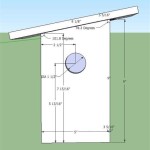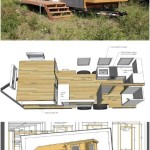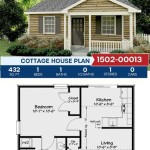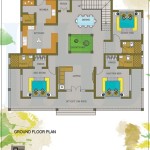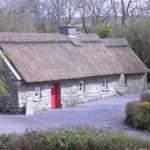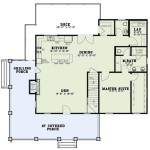Essential Aspects of Cedar Wood Duck House Plans
Cedar wood duck house plans provide detailed instructions for constructing sturdy and long-lasting homes for these cavity-nesting waterfowl. For successful duck house construction, consider these essential aspects:
1. Material Selection
Cedar is an ideal choice for duck houses due to its natural resistance to decay, moisture, and insects. It's also lightweight and durable, making it easy to work with and withstand outdoor elements.
2. Design Considerations
Duck houses should be designed with specific dimensions and features to accommodate wood ducks. These include a slanted roof for drainage, a predator guard to prevent raccoon access, a hinged door for cleaning, and a ventilation system to maintain airflow.
3. Location Selection
Place the duck house near a water source, such as a pond or lake, where wood ducks will easily access it. Avoid heavily shaded areas that can restrict light and ventilation. Ensure the house is securely mounted on a post or platform.
4. Proper Ventilation
Adequate ventilation is crucial to prevent moisture accumulation and promote air circulation. Provide ventilation holes in the walls or roof, ensuring they are not too large to allow predators.
5. Predator Protection
Install a predator guard around the entrance hole to prevent raccoons and other predators from entering. Consider using a predator baffle or a piece of galvanized metal wrapped around the hole.
6. Hinge and Door
A hinged door allows for easy cleaning and inspection of the nest box. Ensure the door is well-secured to prevent accidental opening. Use corrosion-resistant hardware to withstand outdoor conditions.
7. Finishing
Apply a water-repellent finish to the exterior of the duck house to protect it from moisture damage. Avoid using creosote or other harmful chemicals that could harm wood ducks.
8. Placement and Timing
Place the duck house at least 4 feet above the water and in an area with minimal human disturbance. Install the house in late winter or early spring before nesting season begins.
9. Monitoring and Maintenance
Monitor the duck house regularly for signs of damage, predators, or nesting activity. Clean the house after each nesting season to remove old nesting material and debris.
Conclusion
By following these essential aspects of cedar wood duck house plans, you can construct durable and functional homes for these remarkable waterfowl. Careful attention to material selection, design, location, ventilation, predator protection, finishing, and maintenance will ensure a safe and inviting environment for wood ducks to nest and raise their young.

Wood Duck House 70birds Birdhouse Plans Index

Scdnr Wood Duck Box Construction

Wood Duck Box Plans

Plans For Wood Duck Houses Unique House Bird

Wood Duck Nest Box House Ducks Plans

Wood Duck Nest Boxes

Black Bellied Whistling Duck House 70birds Birdhouse Plans

How To Build A Duck Nest Box Scout Life

Wood Duck Nest Box Plan Bird House Plans Free Kits
Put Up A Wood Duck House Update Pond Boss Forum

